During winter, homeowners can use kerosene heaters to generate heat for a short while, mostly during a power outage. However, this alternative heat source can produce harmful black smoke when faulty. If you own a kerosene heater and would like to know why this happens, we have done thorough research for you.
When your kerosene heater emits black smoke, it is most likely because of the following issues:
- Faulty cylinder
- Contaminated kerosene
- Poor placement of the chimney
- Damaged wick
Black smoke can be hazardous when inhaled for a lengthy period. To know more about the causes and prevention of this issue, keep reading as we will share more detailed information.
What Causes Black Smoke From a Kerosene Heater?
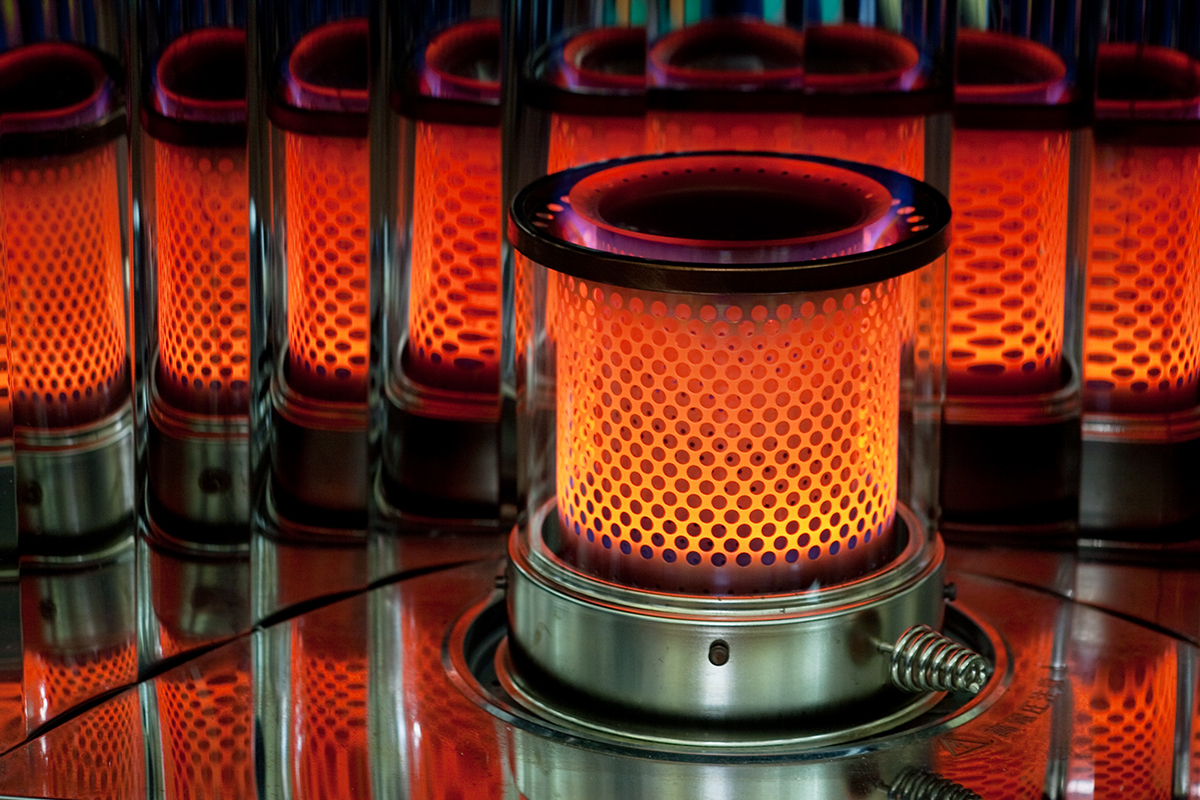
Cloudy black soot coming from your kerosene heater is a sign of malfunction. In order for you to fix it, it is important to understand the common causes. Here are a few:
Faulty Cylinder
If your kerosene heater generates black smoke immediately after ignition, the problem is most likely a faulty cylinder. The cylinder can become faulty if it gets dented or clogged. If it is dented, you will have to return it. But if it is clogged, you can try fixing it yourself.
The health of your kerosene heater can be determined by the cylinder. So, you must ensure proper maintenance and replacement when damaged.
Contaminated Kerosene
As expected, a kerosene heater is powered by kerosene. While cheap, most people don't check the quality of the kerosene they purchase. Using quality kerosene is vital to the operation of your heater.
There are different types of kerosene, but K-1 kerosene is mostly recommended by manufacturers for unvented kerosene heaters. Using any other kind of kerosene would lead to the emission of dark cloudy soothe.
Poor Placement Of The Chimney
The chimney of your heater needs to be placed properly in order to prevent the heater from emitting black smoke. Looking at the flame, you can determine if the chimney is seated properly or not.
If you notice an orange flame on one side of your heater, it is not fixed properly. However, you can adjust your chimney in order to prevent black smoke.
Damaged Wick
The wick is what burns in the kerosene heater. Without it, the heater will not produce smoke. So, using the right wick is also vital, but how do you want to know the right wick to use? Fortunately, your heater manufacturer will tell you.
Ensure your wick is set properly on the heater so it burns without producing black smoke. If you have to replace your wick, make sure you purchase a properly sized one for your kerosene heater.
Check out this American Wick on Amazon.
How To Stop Black Smoke Coming From Kerosene Heater
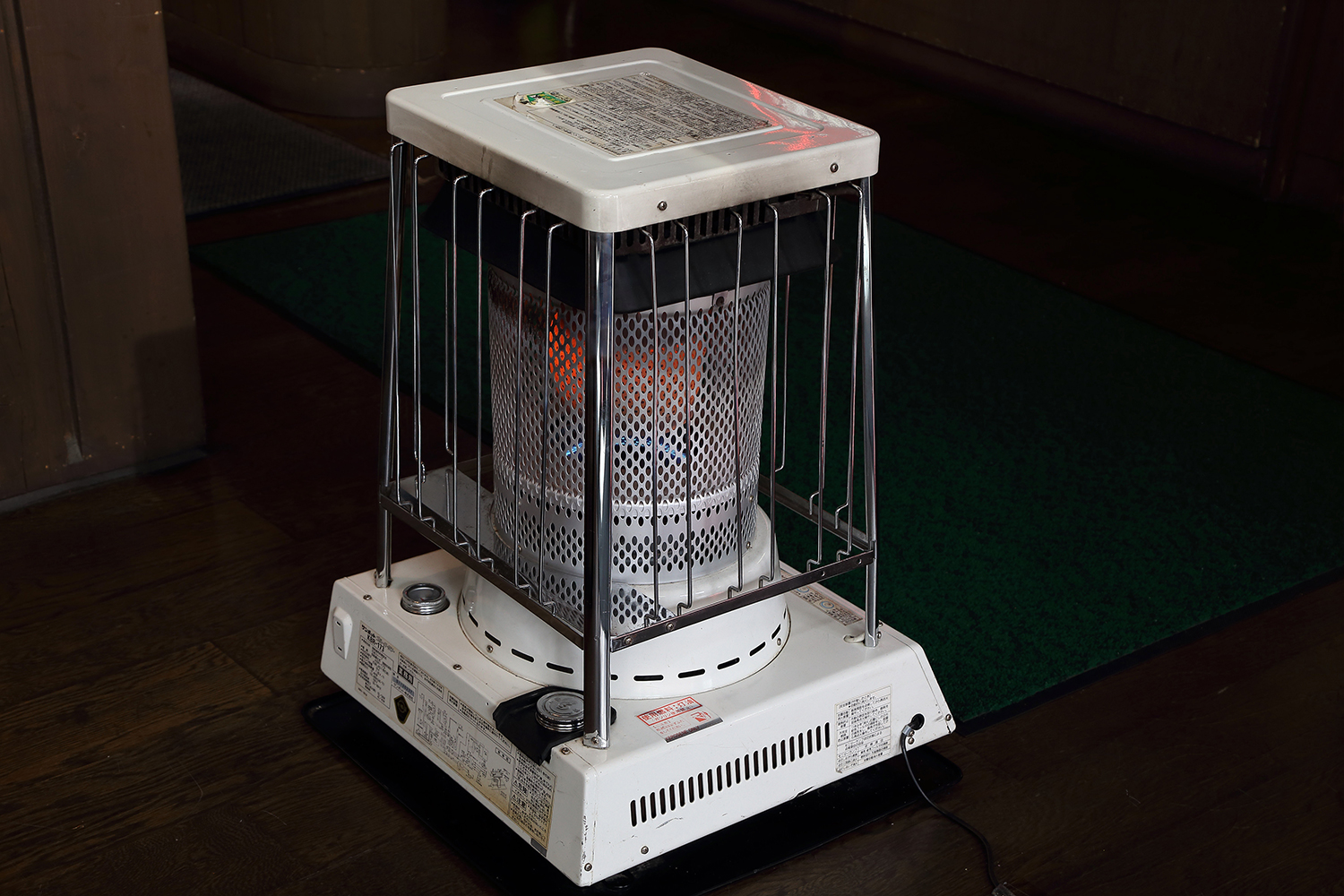
When you notice that your kerosene heater emits black smoke, it is important to stop it immediately, as it can affect your health. To do that, here are steps you can take.
- Fill The Heater With The Right Kerosene: It is important that you fill the heater with the recommended kerosene. Fuels like gasoline and oil can cause the kerosene heater to produce black smoke.
- Ensure The Heater Is Not In a Drafty Area: This is because too much air can cause a high flame. So, it is advisable not to place it in a windy area like under a fan.
- Make Sure The Chimney Is Seated Properly: A high flame conditioning can be created if the chimney is not seated properly, and you may get a one-sided flame.
- Ensure Wick Is Installed Correctly: If the chimney or the kerosene is not the problem, ensure the wick is also installed at the right height. The recommended wick height is in the owner's manual.
However, if all these have been done but the problem still persists, it is better to take the heater to a professional for proper repair. For severe damages, you might consider parts replacements.
Can You Get Carbon Monoxide Poisoning From a Kerosene Heater?
Yes, a kerosene heater can cause carbon monoxide poisoning. This poisoning harms health and might lead to severe respiratory problems and even death. Carbon monoxide from kerosene heaters is especially harmful to pregnant women, asthmatic patients, children, and elderly people.
It can affect the brain or even cause death before you detect where the problem is coming from. If you notice any of these signs, it is important to seek medical care as soon as possible. The symptom is not easily noticeable, which is why it is called a "silent killer."
Because of the hazard involved, it is not advisable to use a ventless kerosene heater indoors. Most owners use it in an outdoor setting where there is better ventilation.
However, you can ventilate the room where you want to use the kerosene heater by allowing enough airflow. You can also double your safety by getting a carbon monoxide detector.
What Are the Warning Signs of Carbon Monoxide Poisoning?
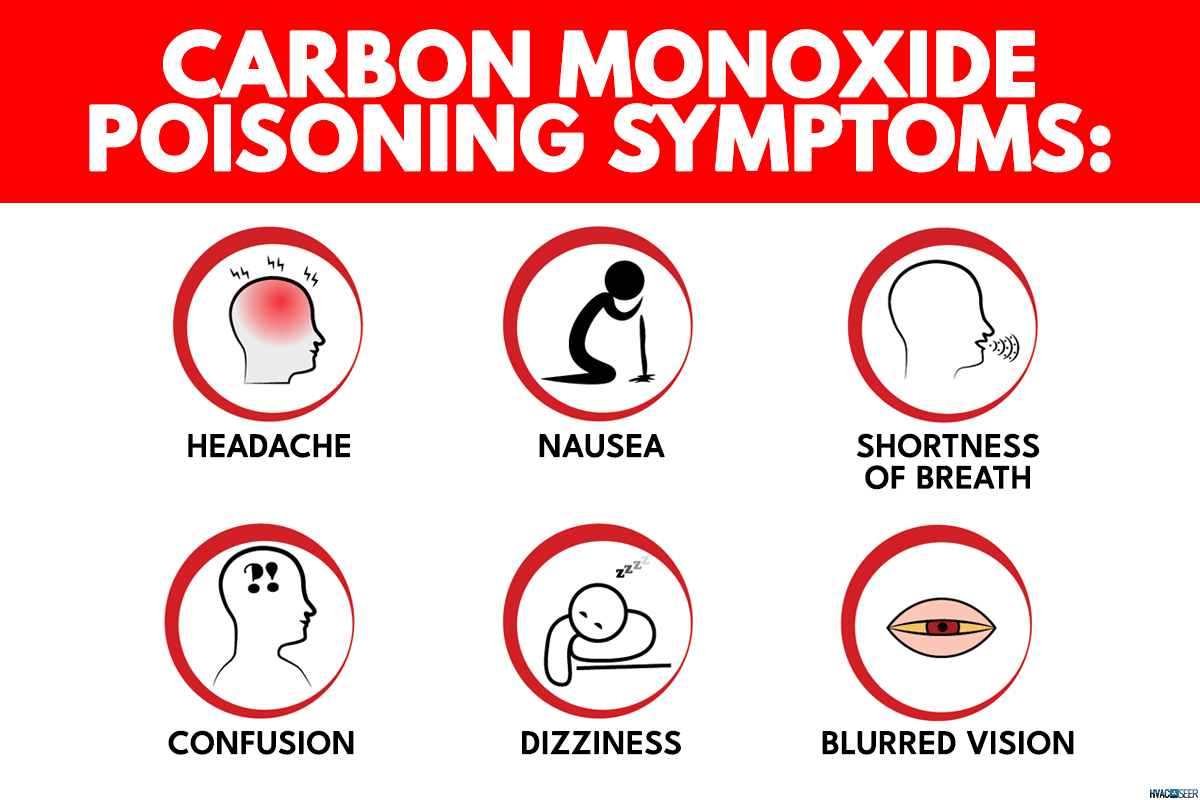
The warning signs of carbon monoxide poisoning are not easily noticeable at first, but after some period of continuous exposure, you can notice the following symptoms.
- Shortness of breath
- Loss of consciousness
- Dizziness and confusion
- Headache and Blurred vision
Can You Leave Kerosene Heater On Overnight?
Leaving a kerosene heater on overnight can be a fire hazard. If the kerosene heater is not properly ventilated, it can release harmful fumes into the air. In addition, kerosene heaters can tip over and cause a fire, so keep them away from curtains and bedsheets. If you must leave a kerosene heater on overnight, be sure to follow all safety instructions carefully.
When using kerosene heaters overnight, it is important to be aware of the potential for skin dryness. The dry air caused by the heater can lead to dehydration of the skin, which can cause irritation, flaking, and other uncomfortable symptoms.
To avoid these problems, it is important to keep your skin hydrated by drinking plenty of fluids and using a humidifier in the room where the kerosene heater is being used. If you do start to experience any dryness or irritation, be sure to consult with a doctor or dermatologist to find the best way to treat it.
Is Kerosene Heater Better Than Propane Heaters?
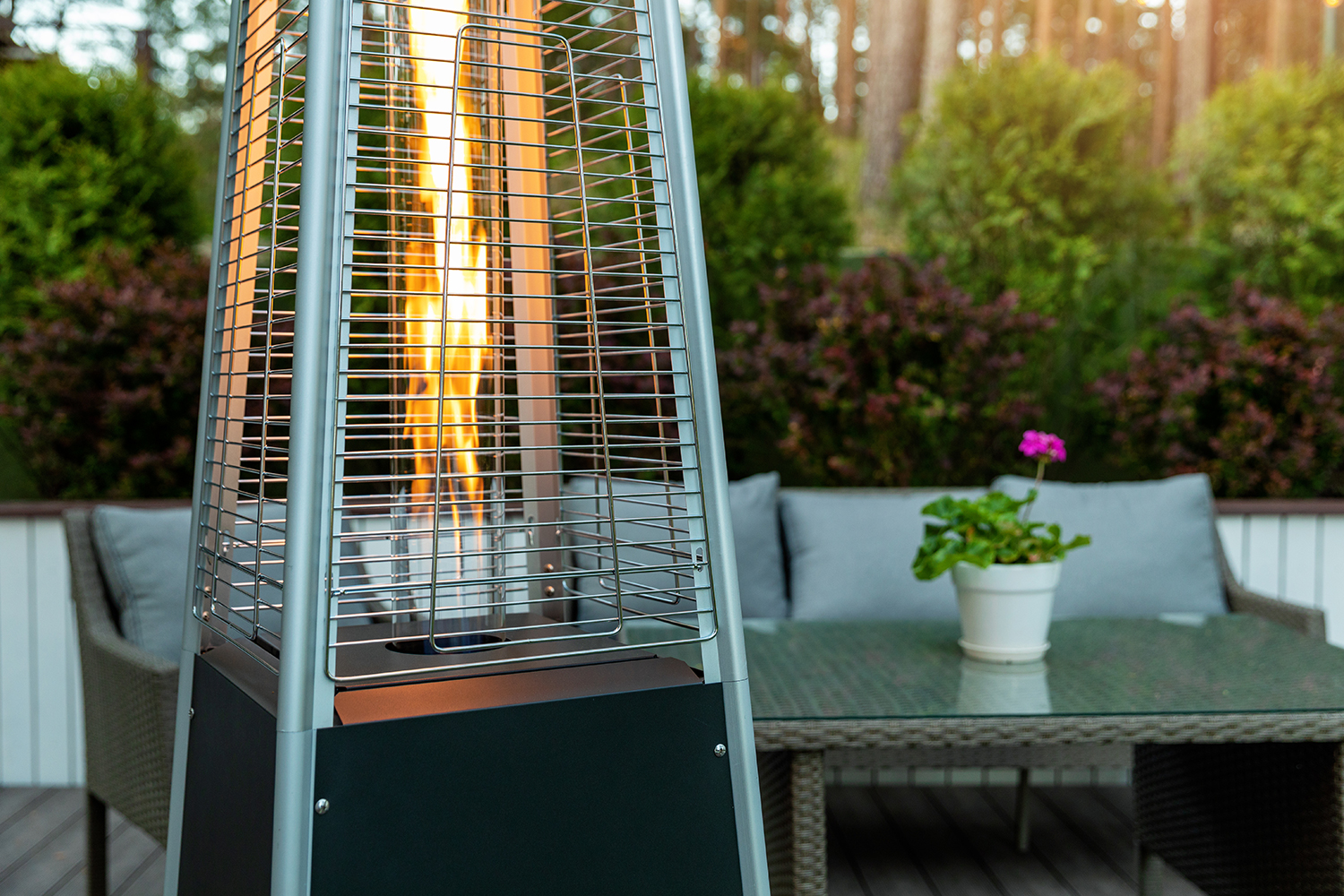
Both kerosene and propane heaters can provide heat when there is a power outage, but these two have their pros and cons. Certain factors need to be considered when deciding which is better.
Efficiency
A propane heater is less likely to produce black soot, unlike kerosene heaters. Propane is also cheaper than kerosene. For both to function properly, however, good ventilation is required. Kerosene heaters, on the hand, use less fuel than propane heaters.
Safety
These two heaters emit poisonous soot in different quantities, which harms health if the room is not ventilated. Propane is highly flammable, but kerosene heater is not. Propane is also cleaner and odorless, unlike kerosene. Determining which is better depends on the safety level you need and your budget.
Is Kerosene Heater Cheaper Than Gas Heater?
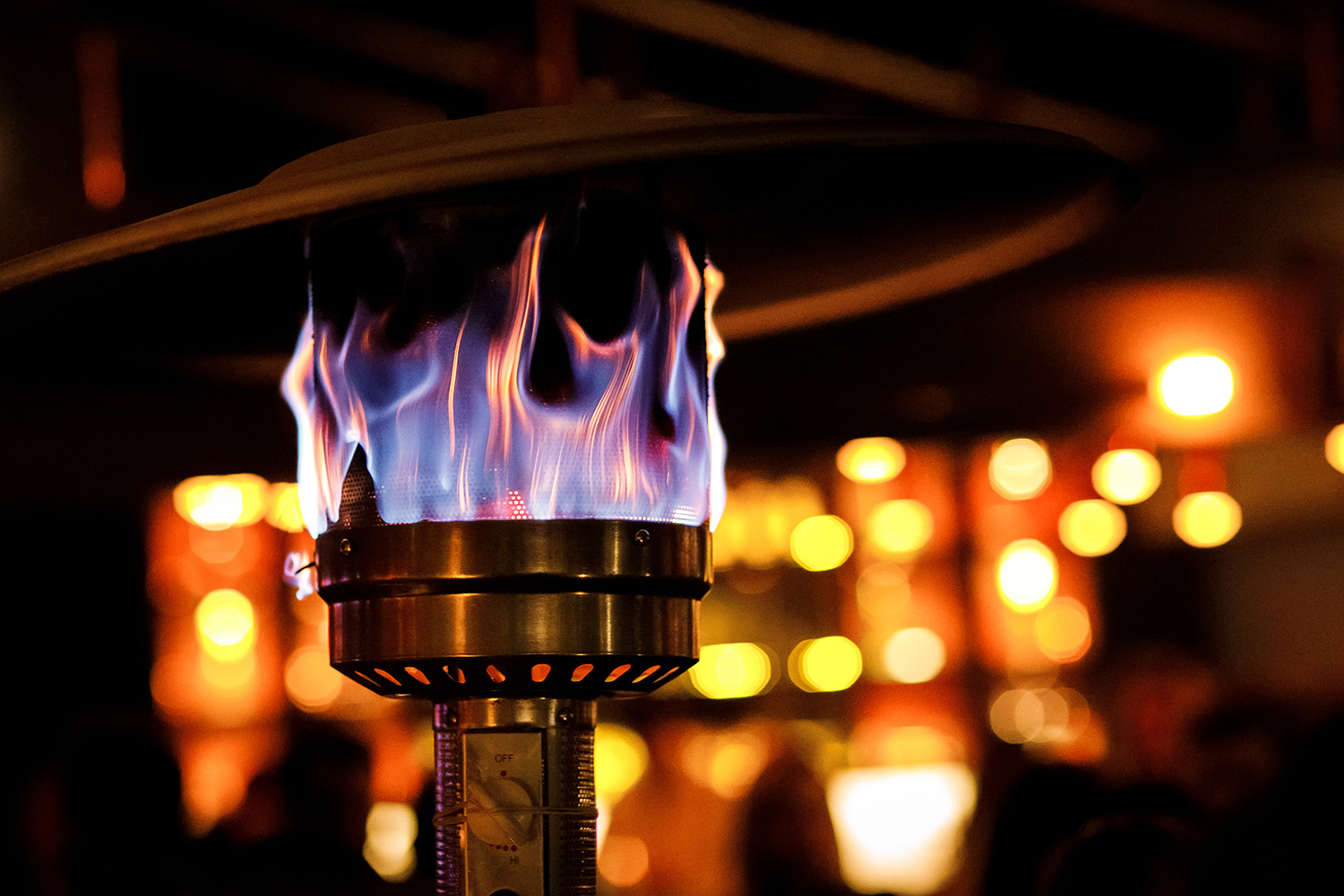
Gas heaters are more expensive to purchase than kerosene heaters, but the price of operating a kerosene heater is cheaper than gas heaters. This, of course, depends on factors like location and the size of the room that needs to be heated.
In some cases, the price of kerosene may be almost half of the price of gas. Generally, electric heaters are also used as a better heating alternative to both gas and kerosene heaters since they don't produce carbon monoxide.
Summary
Kerosene heaters can help you to generate heat in a situation where there is a power outage. This heating system requires the burning of fuel which can lead to the emission of smoke. Thick black smoke is usually a sign of malfunction, signaling a bad wick or contaminated kerosene. Inspect your heater and call a professional to identify and fix the problem.
If you enjoyed reading this article, check out these other engaging posts about heaters:

